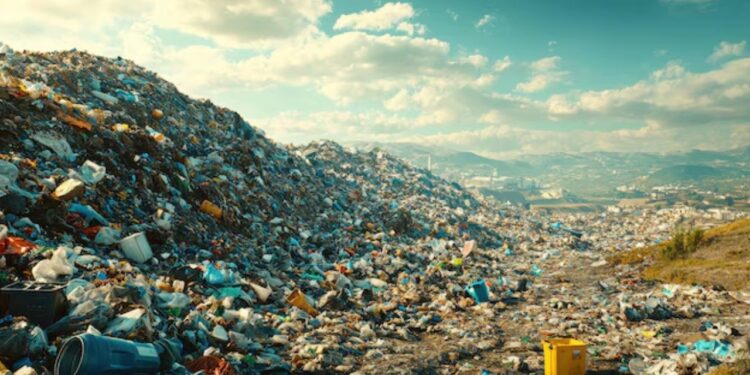The Kerala High Court’s recent rebuke of the Kerala government for its failure to manage solid waste appropriately has brought urgent attention to the growing environmental and health concerns within the state. This comes after alarming reports that biomedical waste from Kerala had been illegally dumped in Tamil Nadu, leading to the court’s suo motu proceedings in the case Suo Motu v State of Kerala. Justice Bechu Kurian Thomas and Justice P Gopinath, sitting on the special bench, highlighted the severity of the issue, especially the disposal of waste in a haphazard manner across state lines and without adhering to legal protocols.
The Court expressed deep concern, referring to the practice of cross-border waste dumping as not only illegal but dangerous to public health and the environment. In its order, the Court instructed the state government to submit a comprehensive report by January 10, 2025, when the case is next scheduled for a hearing.
The Court further issued a series of orders addressing various aspects of the waste management crisis in Kerala. It ordered the Cochin Corporation to file an affidavit explaining the steps taken to address polluted drains in Kochi, a major issue contributing to the contamination of local rivers and backwaters. The Corporation was also tasked with providing measures to prevent the dumping of plastic and other waste into the city’s drainage systems, which exacerbate the issue of water pollution.
In addition, the Local Self-Government Authority was directed to submit an affidavit regarding bulk waste generators, such as hospitals, and the processes used for the collection, treatment, and disposal of waste, particularly biomedical waste. The Court also ordered the authorities to provide detailed information about how waste disposal is monitored and tracked across the state.
The amicus curiae, appointed by the Court, was asked to file a brief report identifying areas with the most polluted drains, along with the necessary steps that need to be taken to address this growing concern. The Court highlighted the importance of urgent action to prevent further contamination of the environment, particularly the state’s rivers and backwaters, which play a crucial role in Kerala’s ecosystem.
The ongoing case has its origins in last year’s Brahmapuram garbage dump fire in Kochi, which highlighted the severe shortcomings in waste management practices in the state. The toxic smoke from the fire spread across Kochi, leading to significant public health concerns. In response, the Kerala High Court initiated suo motu proceedings to investigate the broader issues surrounding the state’s waste management practices.
Today’s hearing also revealed that biomedical, plastic and mixed solid waste from Kerala was being dumped illegally at six locations in Tamil Nadu’s Tirunelveli district. Following media reports, the National Green Tribunal (NGT) intervened and took suo motu cognizance of the matter, directing Kerala authorities to retrieve the waste by December 23, 2024. A team led by Assistant Collector Albert has been working to remove the waste from Tamil Nadu and bring it back to Kerala.
In the course of the proceedings, the Court was informed that six criminal cases had been registered in connection with the illegal dumping, with three individuals from Kerala arrested. This highlights the growing concern over the illegal and irresponsible disposal of waste in the state.
Another issue raised during the hearing was a food poisoning incident at the Ponnuruni East Anganwadi in Ernakulam, where 12 children fell ill after consuming upma. Investigations suggested that contaminated water, possibly sourced from a tank near a polluted canal, was used in food preparation. The Kochi Corporation was instructed to file an affidavit on the matter, and the amicus curiae was asked to visit the site to provide a detailed report on the incident.
The Kerala High Court’s actions reflect the urgent need for reforms in the state’s waste management practices, emphasizing the importance of effective governance to safeguard public health and protect the environment. As the case progresses, further scrutiny will be applied to the steps taken by authorities to resolve these pressing issues.

















